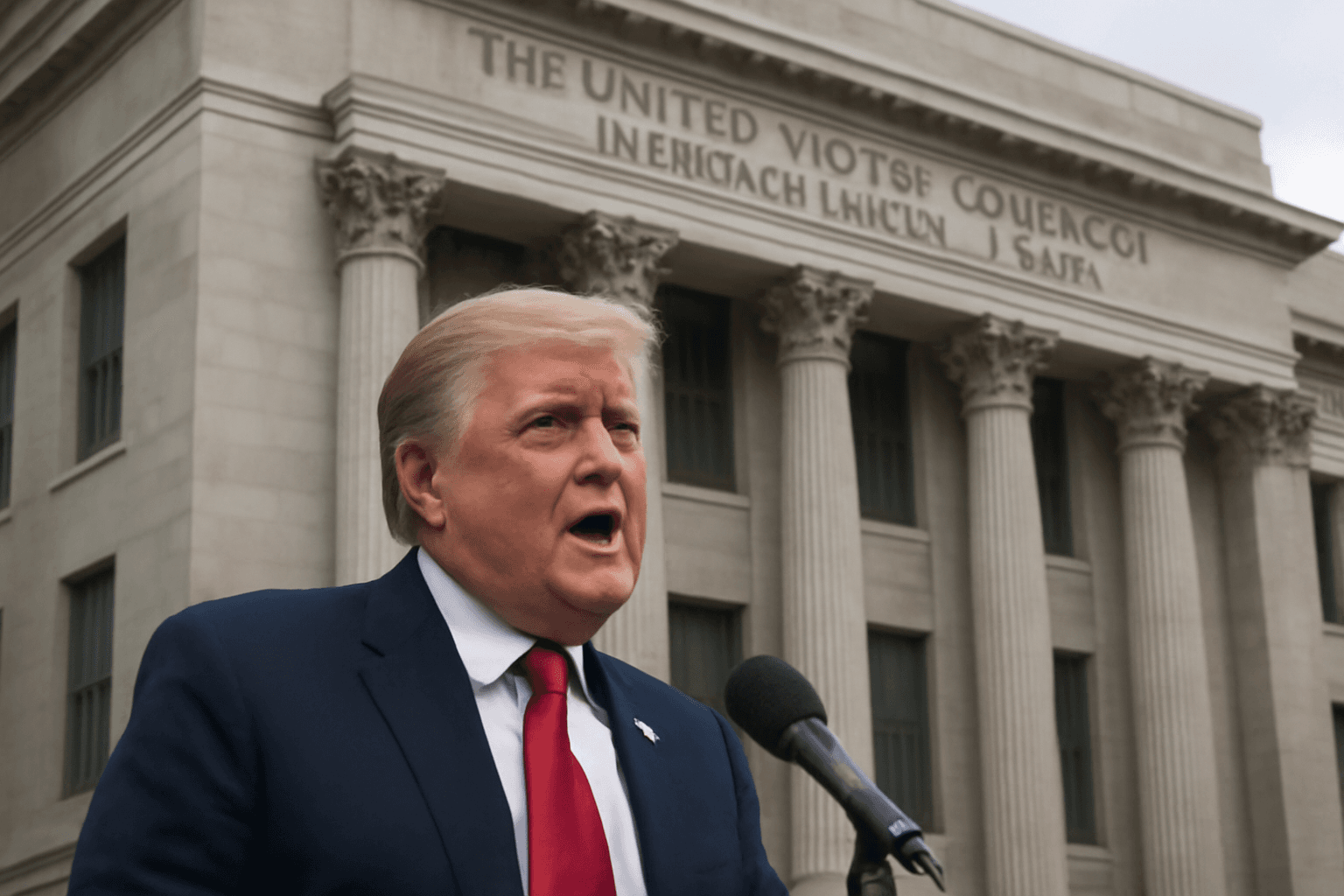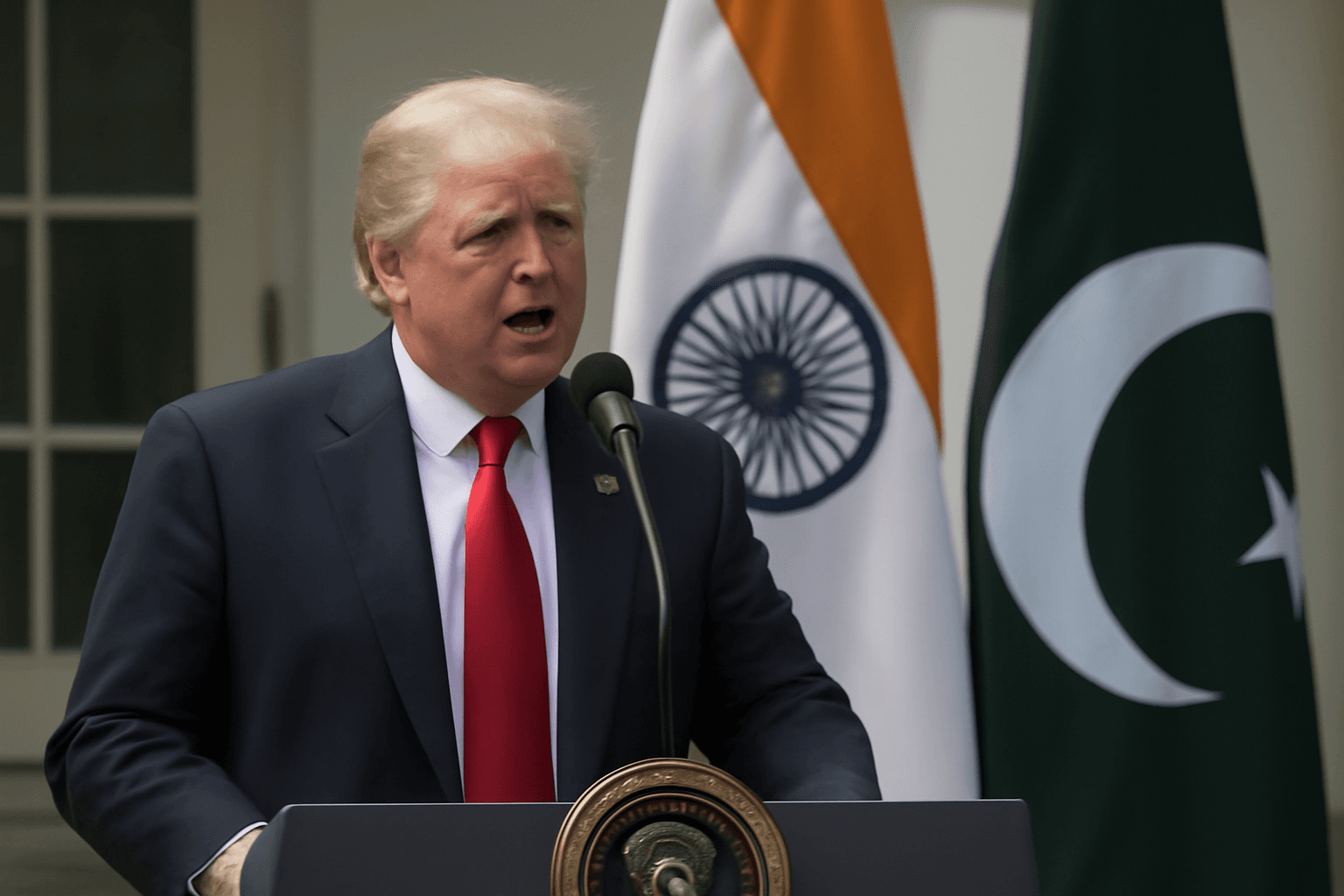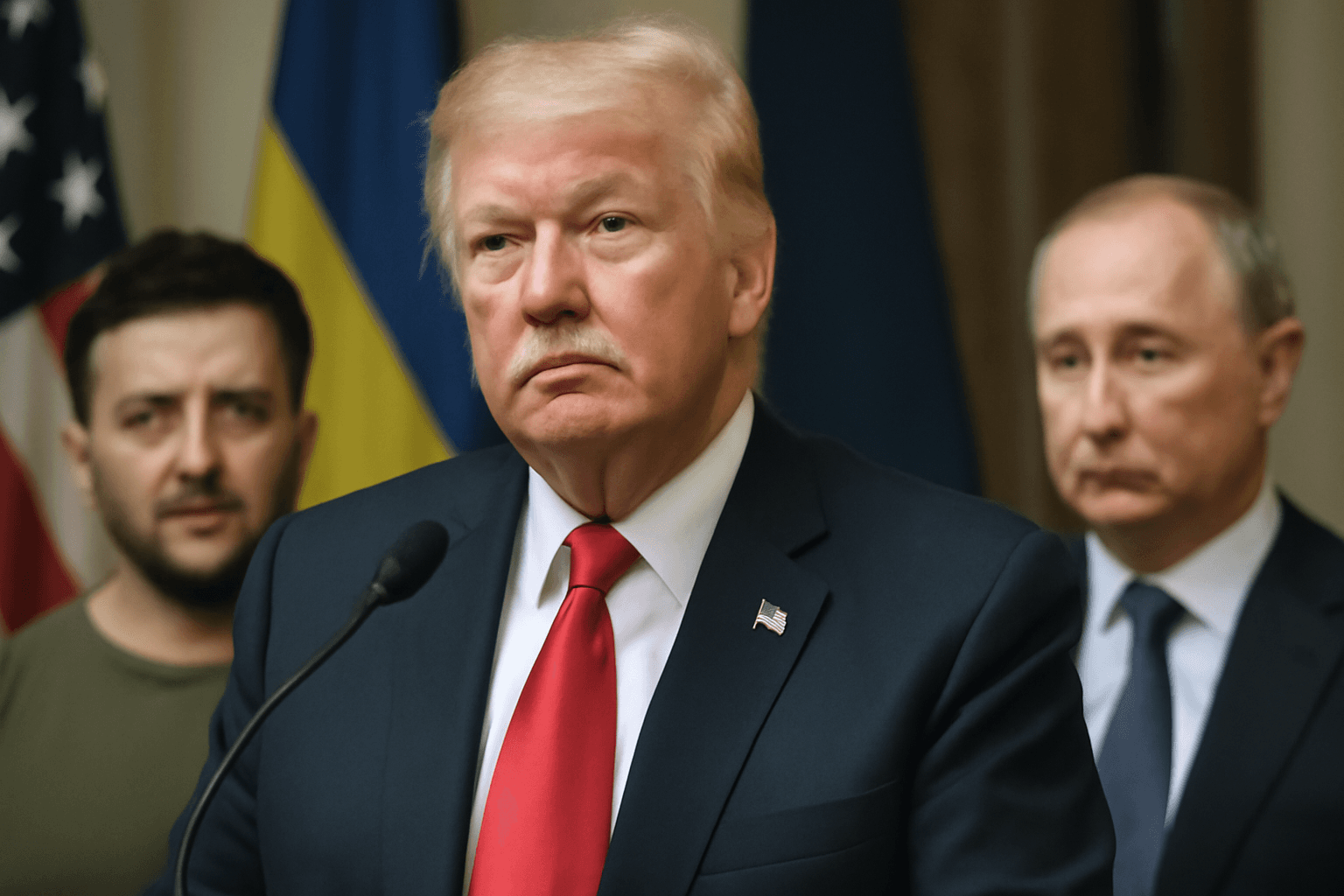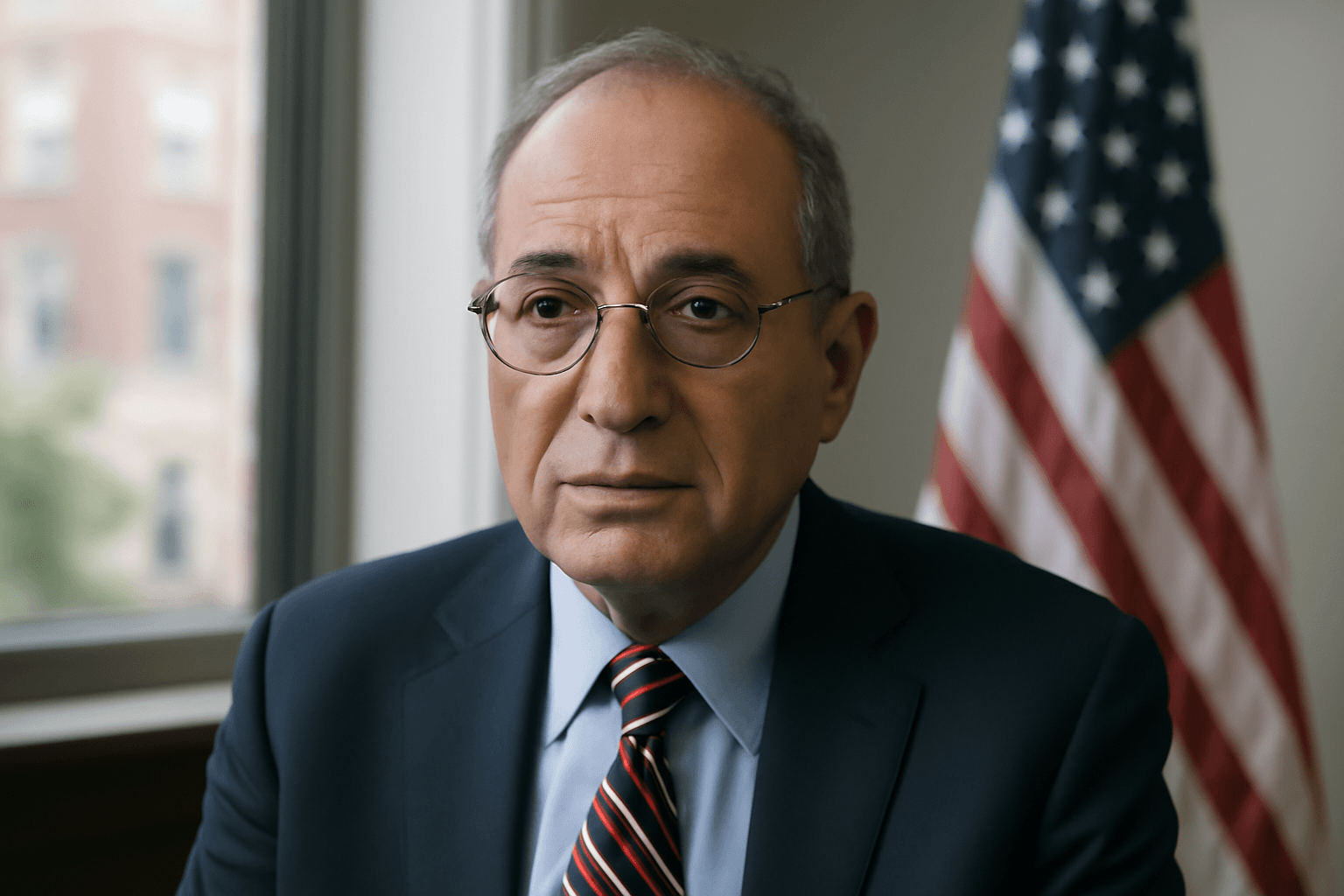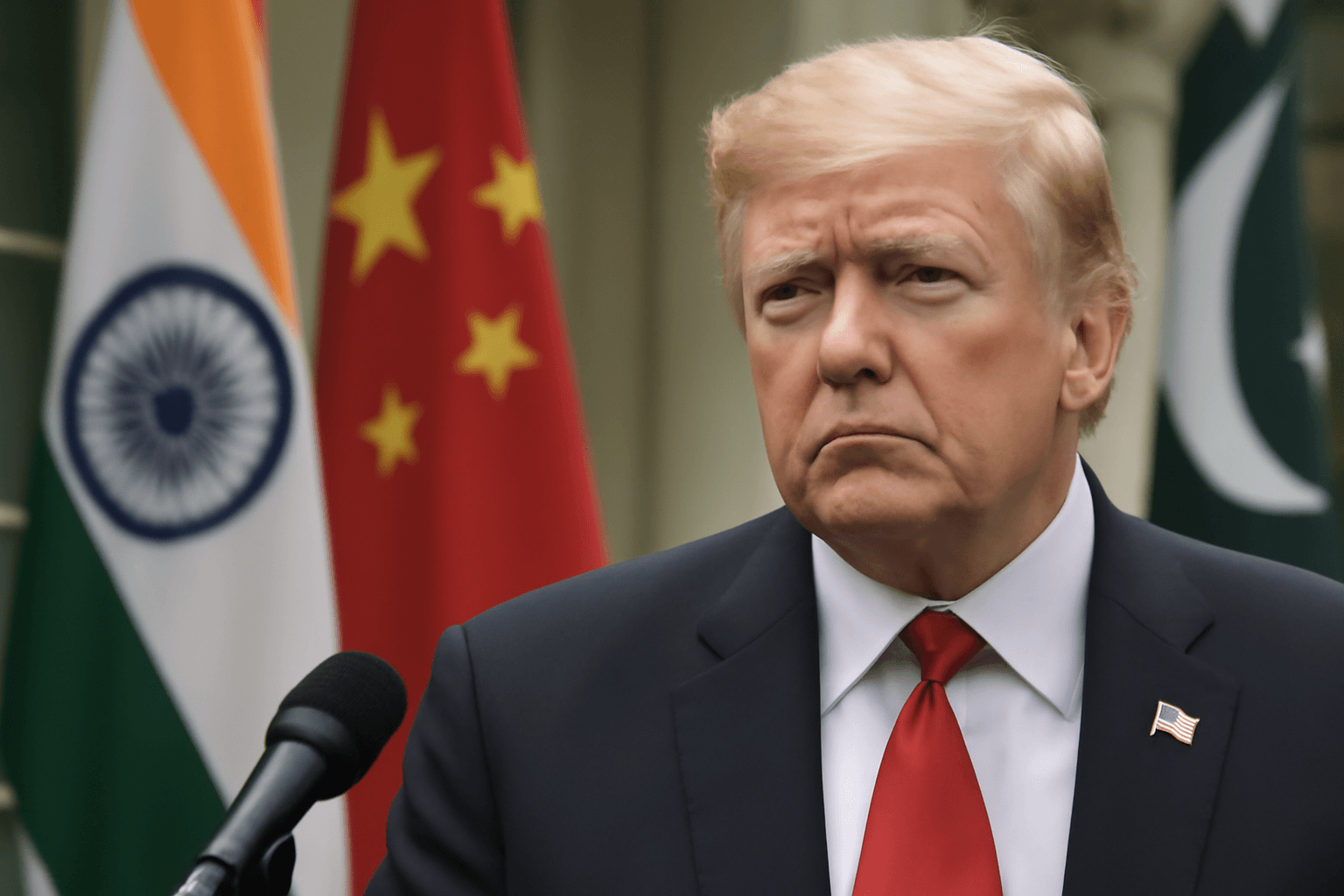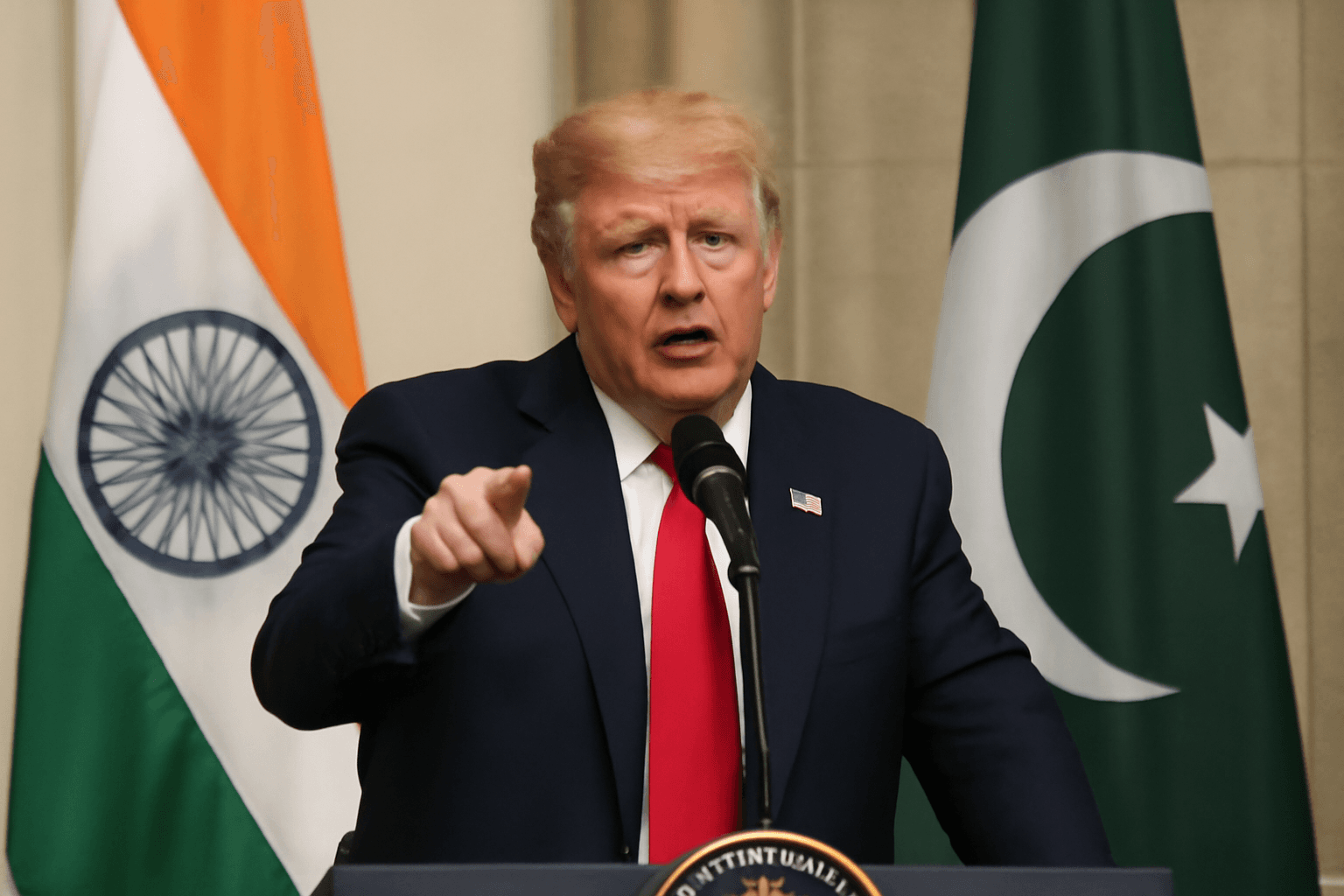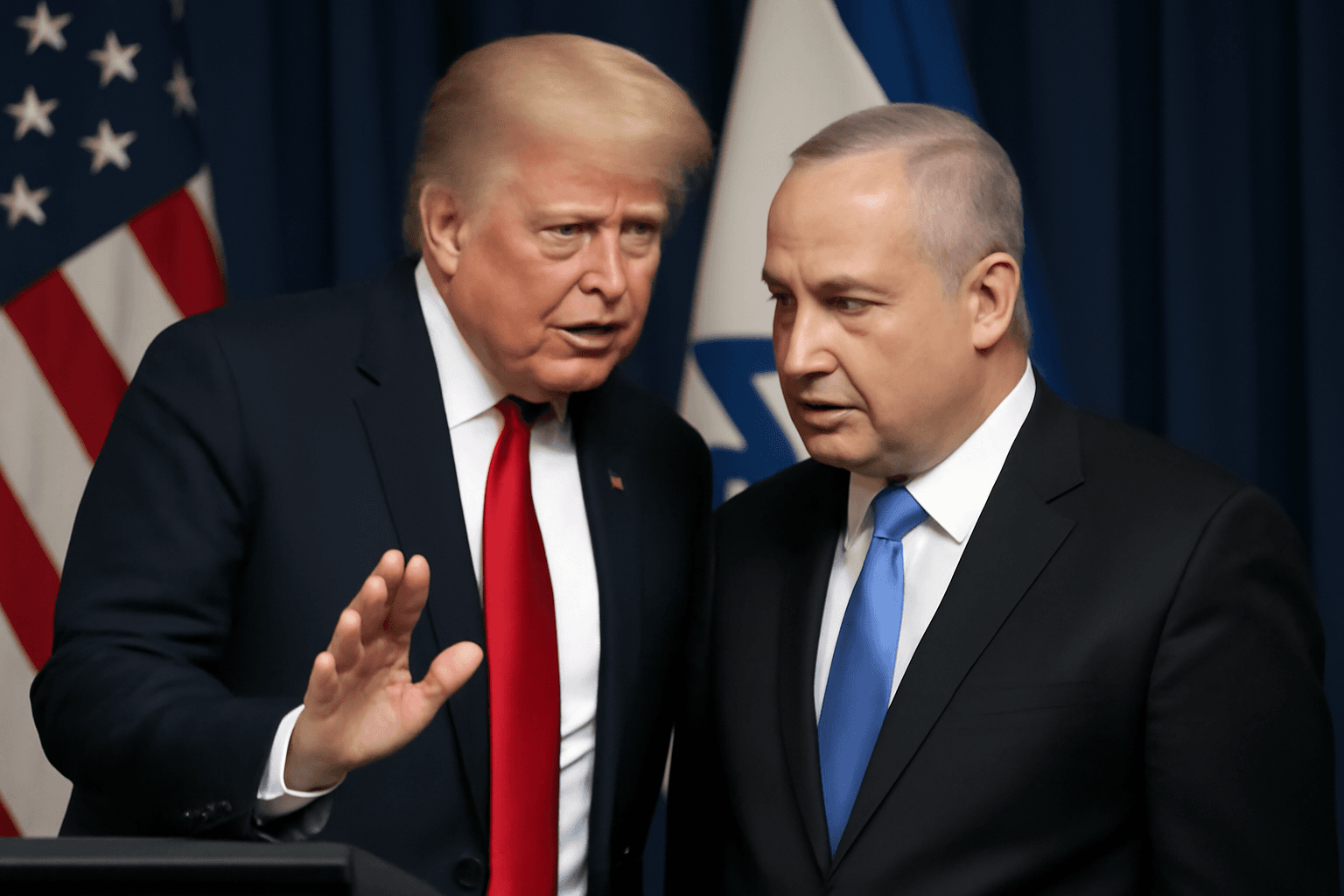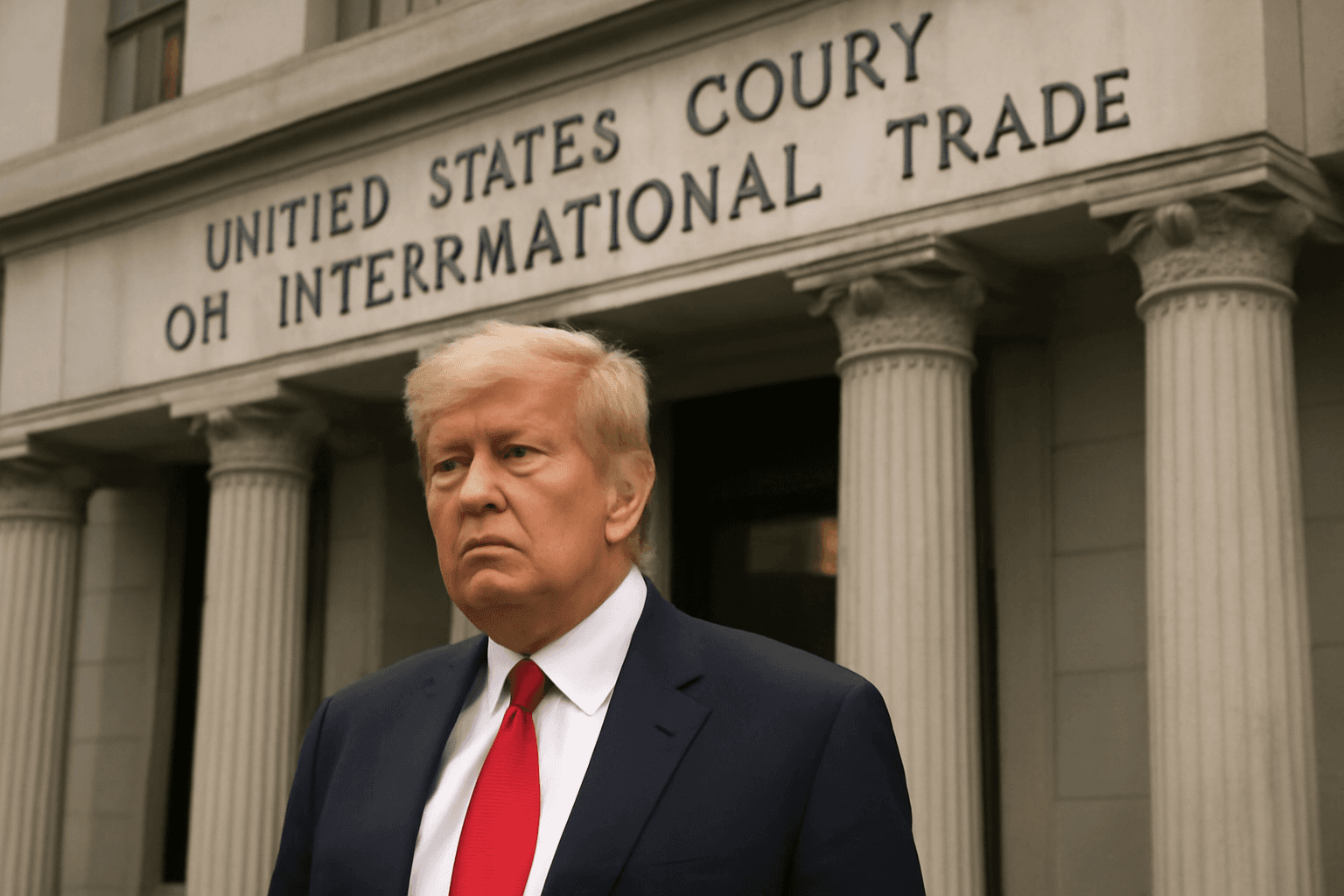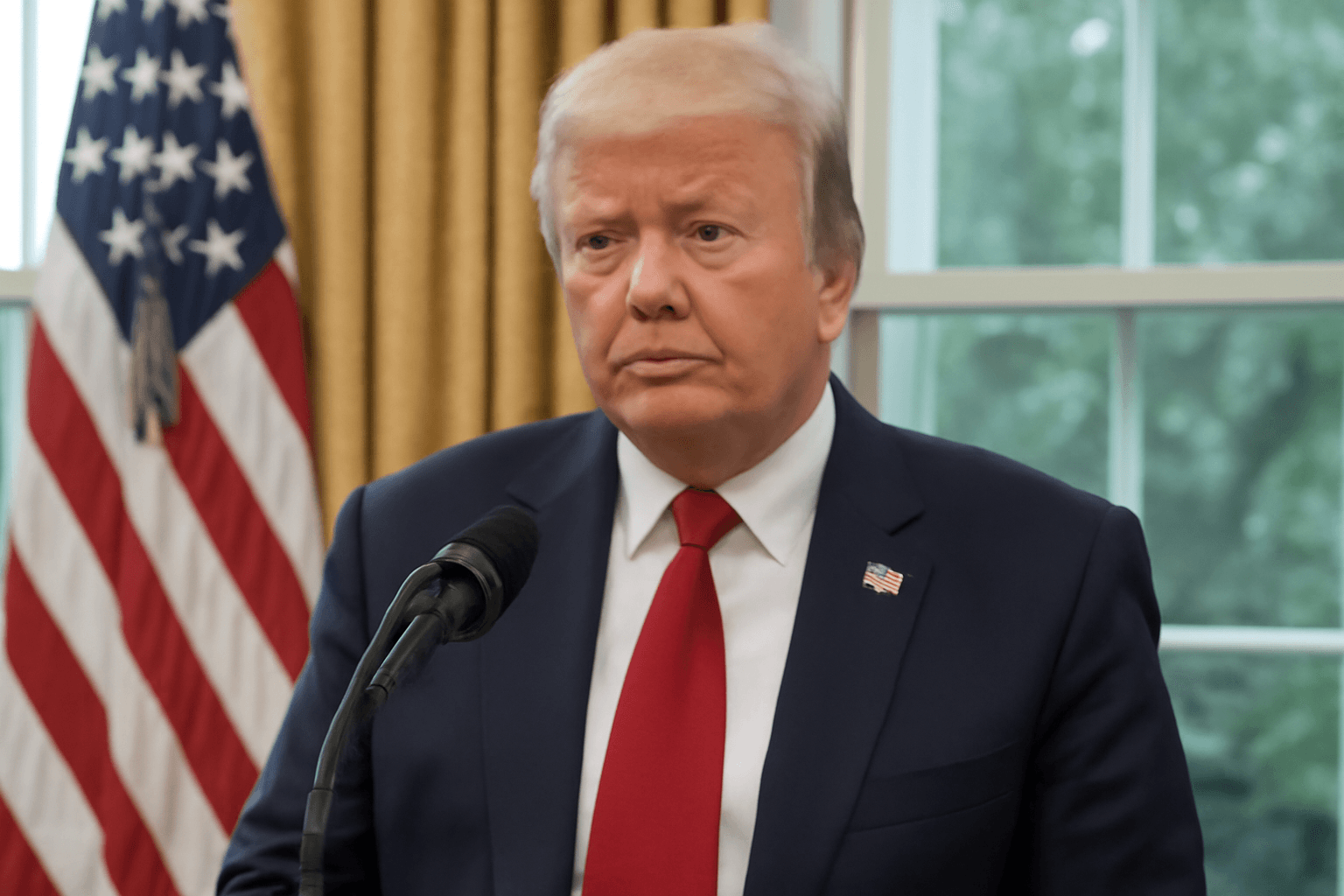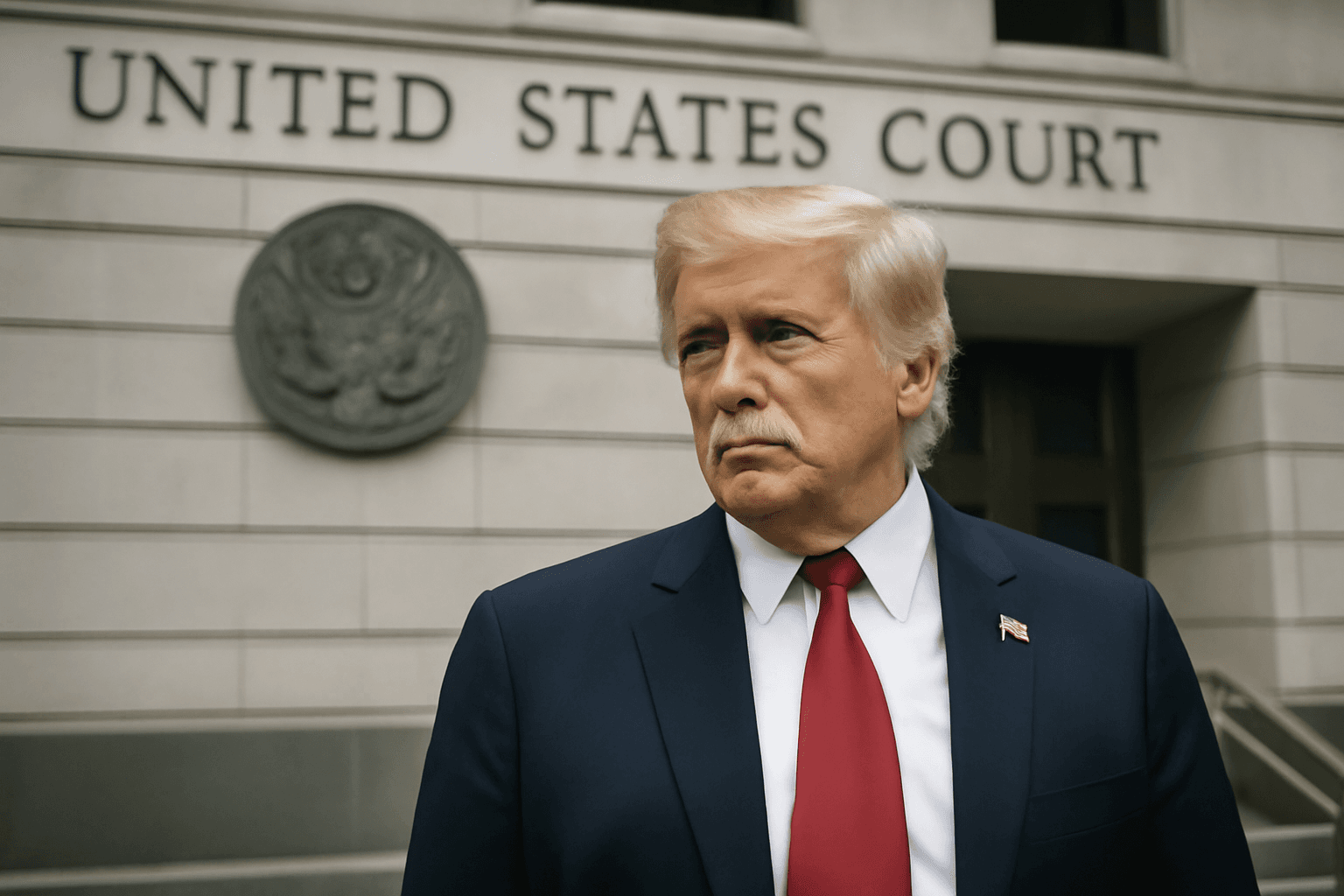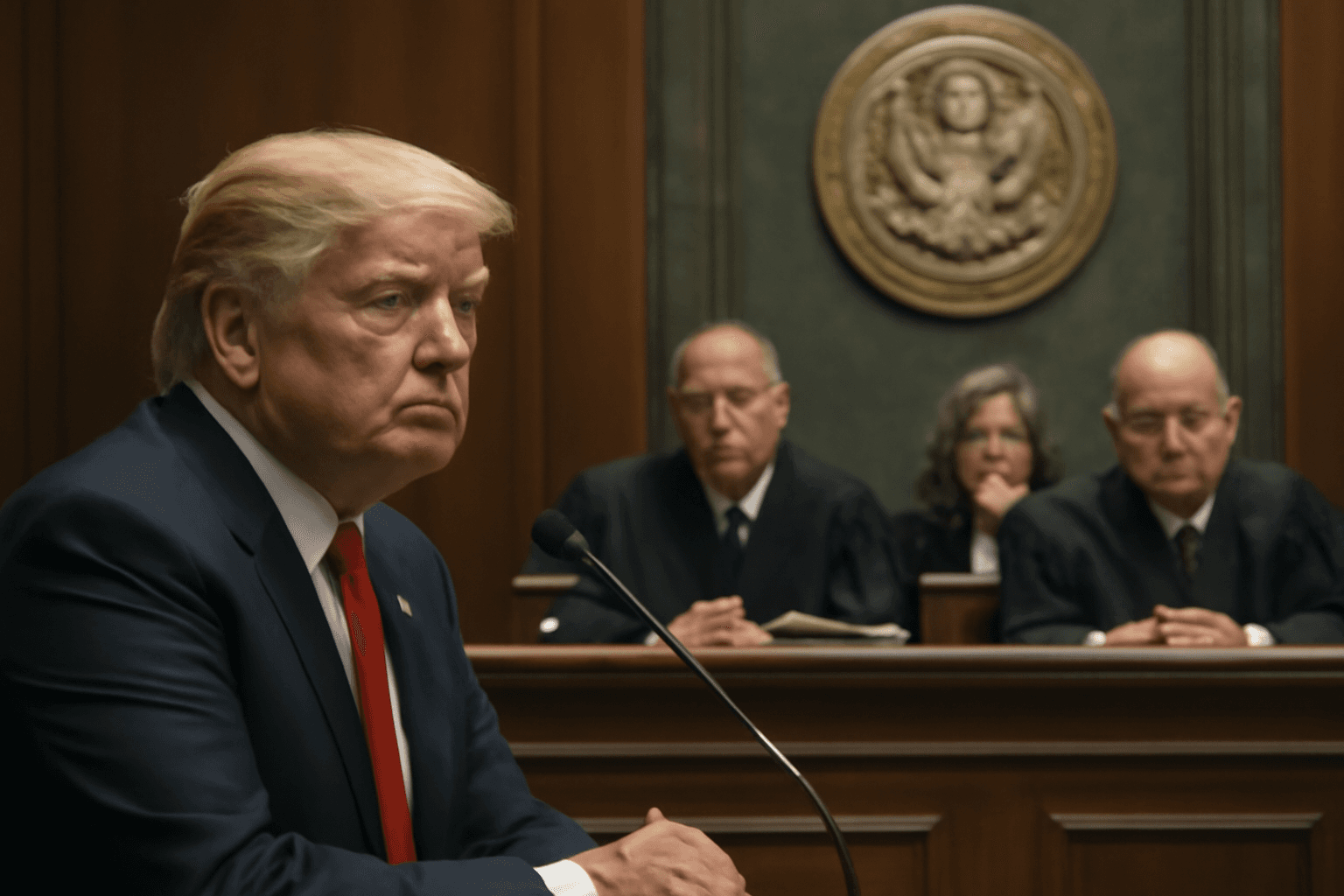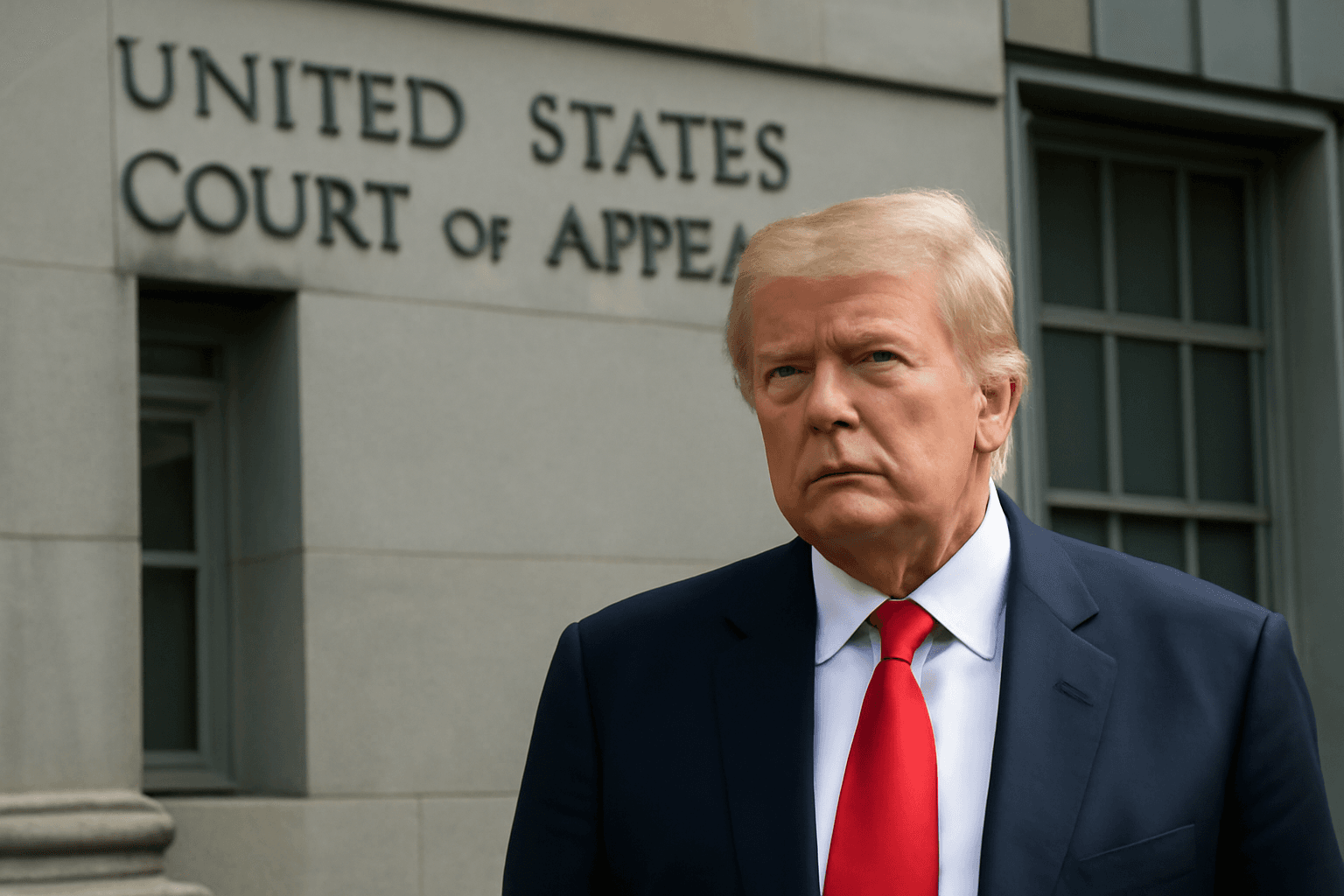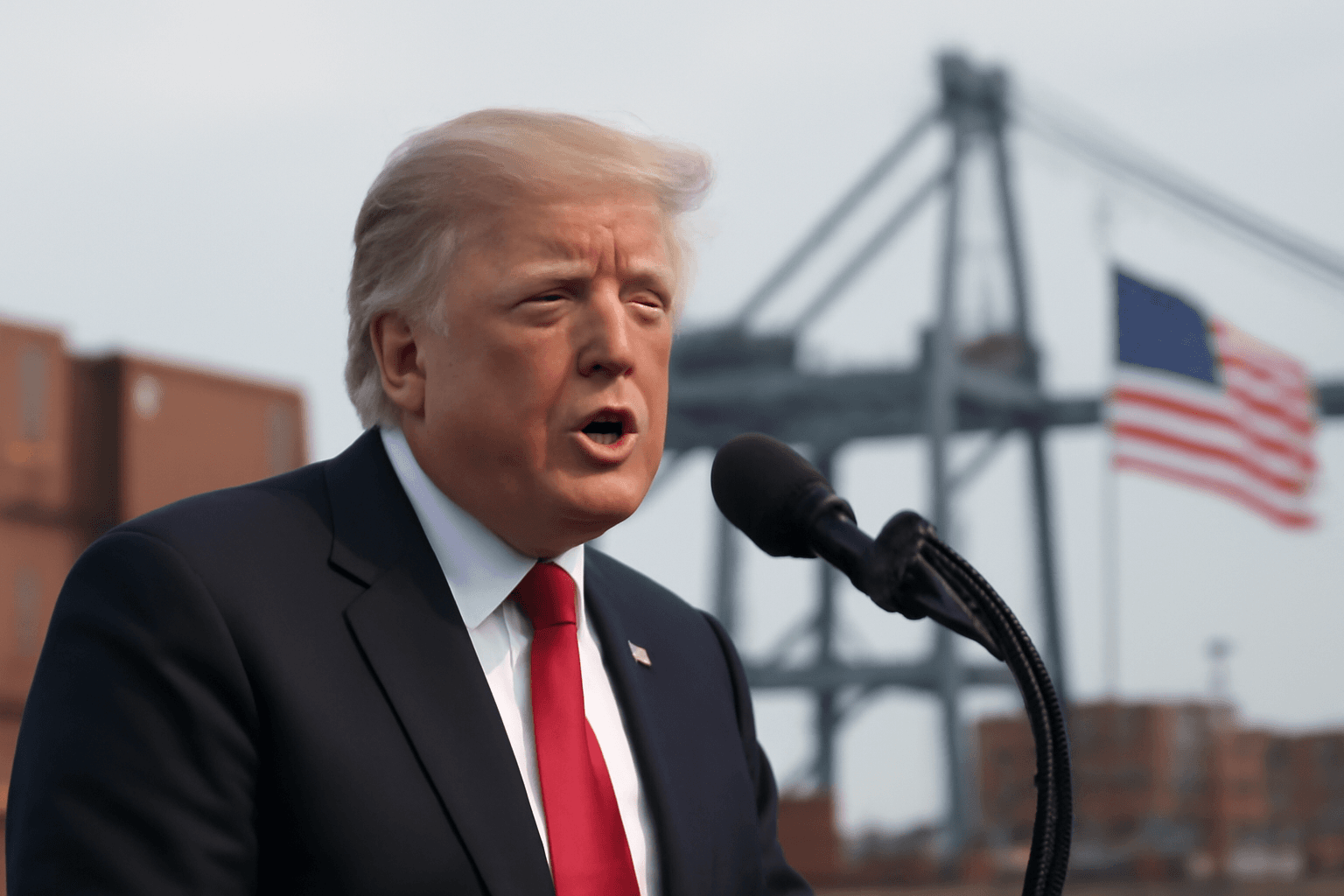A U.S. federal trade court has ruled against President Donald Trump's broad tariff imposition, stating that he exceeded his legal authority by implementing tariffs without Congressional approval. The court dismissed the administration's defense that these tariffs were part of an effort to defuse tensions between India and Pakistan.
In its decision on May 29, 2025, the Court of International Trade in New York halted the enforcement of punitive tariffs introduced by the Trump administration on April 2, branded as "Liberation Day" tariffs. The tariffs targeted imports from nearly every country worldwide.
The court concluded that federal law does not authorize the President to unilaterally impose wide-ranging import taxes, declaring that the challenged tariff orders will be vacated and permanently enjoined. This judgment came in response to a lawsuit filed by twelve Democrat-led states and numerous businesses dependent on foreign suppliers, which argued the tariffs caused significant economic harm.
The Trump administration had justified the tariffs by citing the International Emergency Economic Powers Act (IEEPA), claiming broad authority to address unusual threats in national emergencies. However, the court found the argument insufficient to justify the extensive tariffs.
Senior Judge Jane Restani noted during the proceedings that while the proposal might be strategic, it must comply with existing statutes. The administration’s claim that the tariffs contributed to brokering a ceasefire between India and Pakistan was also rejected by the court, with New Delhi having dismissed such claims as unfounded.
The court ordered the immediate cessation of the tariff imposition within ten days, a ruling that was met with positive market reactions. Nonetheless, the White House criticized the decision harshly, with spokesperson Kush Desai contending that unelected judges should not determine the handling of national emergencies and emphasizing the President’s intent to address unfair trade practices that have harmed American workers and industries.
While the administration plans to appeal the decision in the U.S. Court of Appeals, this ruling represents a significant legal setback for the President's trade policy and provides temporary relief to trading partners, including India.

